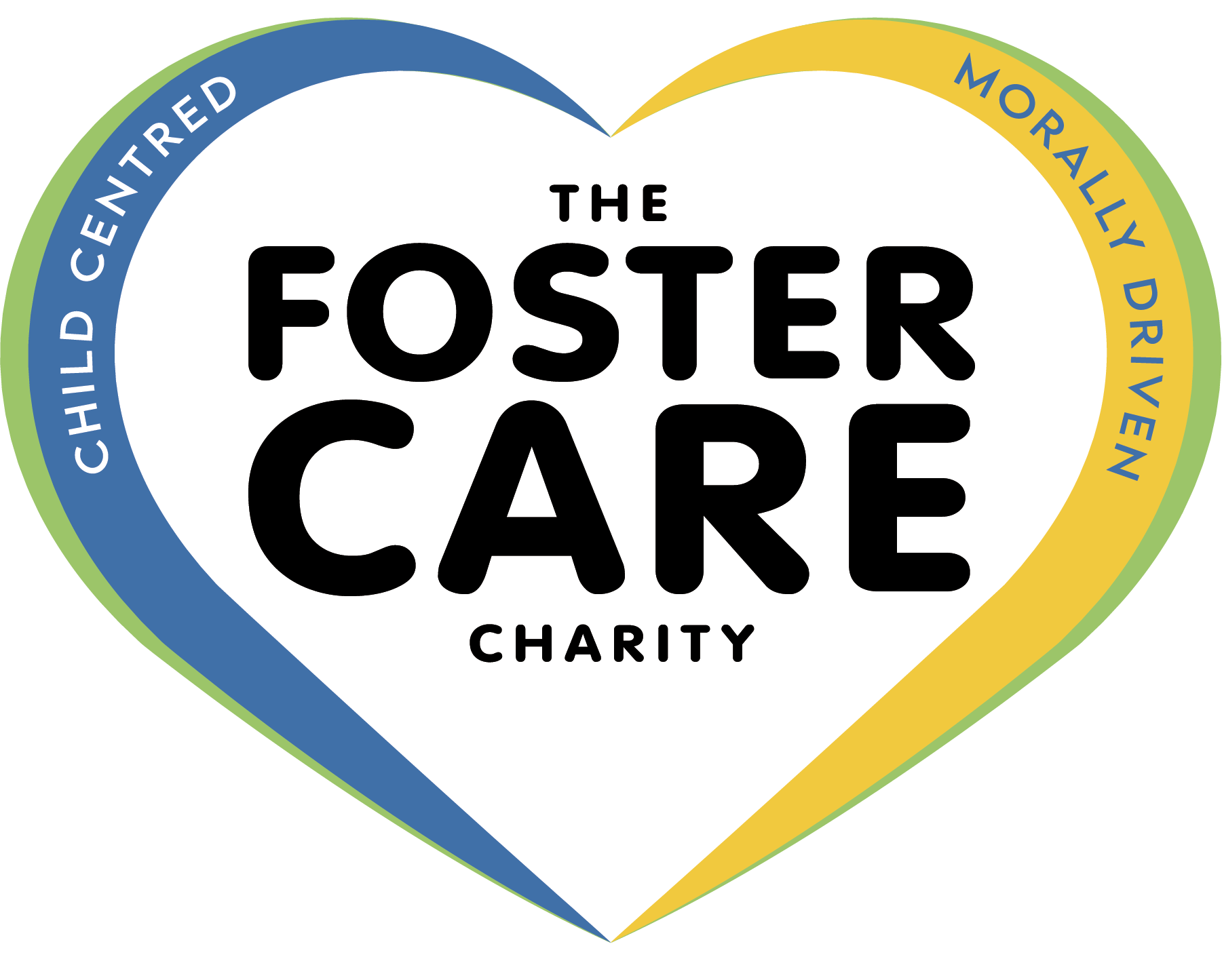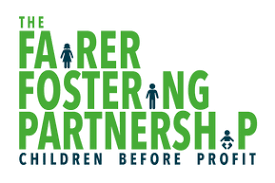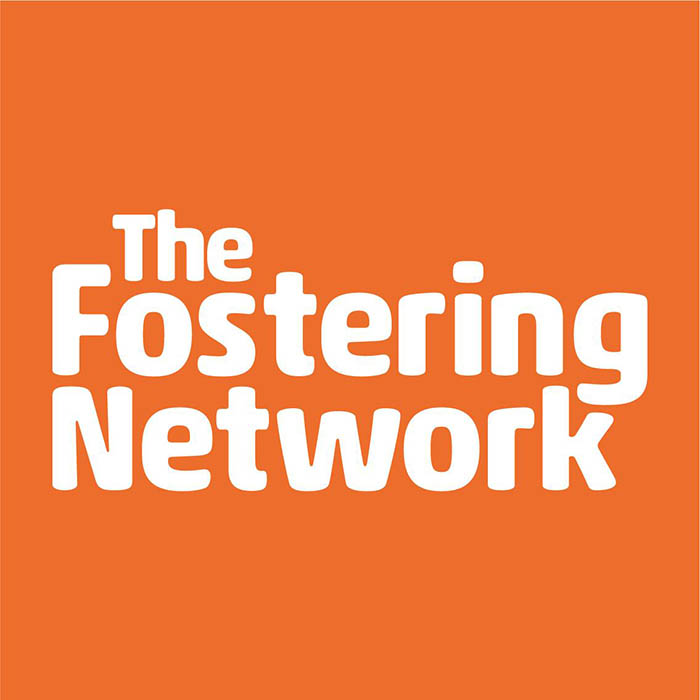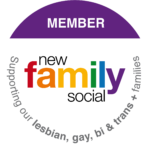Could you foster?
Who can foster?
To become a foster carer, the initial criteria is to be aged 21 or over (there is no upper age limit), to have at least one spare bedroom in your home and to have the stamina, love, and compassion to care for a child.
We welcome fostering applications from people from all backgrounds – so sexuality, religious belief, disability status, gender, age (other than being over 21!), marital or family status are no barriers to fostering. We already have carers who have retired from their regular work, and have become carers. We also have foster carers with skills such as British Sign Language, or who have knowledge of specfic disorders that affect young people, such as Fetal Alcohol Syndrome.
You don’t even need childcare experience, as full training will be provided.
What we provide
At The Foster Care Co-operative, we look after you every step of the way!
This is what we provide:

Full comprehensive training (called ‘Skills To Foster’) – and ongoing training and development.

24/7 support from a social worker.

A professional carer fee when a child is placed with you.

Carer support groups local to you, where you can meet other carers.

Paid ‘Respite’ (to provide you with a break).

Allowances for religious festivals (e.g. Christmas, Eid, Diwali etc), birthdays and family holidays.

The opportunity to participate in our carer forums.
Examples of what we pay
Fostering is a highly skilled role, so you will receive a professional carer fee when a child is placed with you. The actual fee amount is dependent on the age of the child/children – along with their assessed needs and requirements.
Take a look at some examples of fees below.
One Child
Up to £454 per week.
Up to £23,000 of your fee per annum is TAX FREE.
You are also entitled to paid respite breaks.
Two Children
Up to £908 per week.
Up to £36,000 of your fee per annum is TAX FREE.
You are also entitled to paid respite breaks.
One Child (solo)
Up to £864 per week.
Up to £23,000 of your fee per annum is TAX FREE.
You are also entitled to paid respite breaks.
Parent & Child
Up to £700 per week
(1 parent & 1 child under 5).
Up to £20,500 of your fee per annum is TAX FREE.
You are also entitled to paid respite breaks.
Types of fostering
As a foster carer, there are many ways to make a difference to a child’s life.
Here are some of the different types of foster care that you can choose to do:
- Short Term Placements: As the title suggests, these are placements that are required for a short period of time. However, that timeframe can range from a few weeks to a year or more! The local authority will need to make decisions about whether the child can be returned to the care of their birth family or whether a longer term placement is required.
- Long Term Placements: Long-term placements are often sought when a child or young person is unable to return to their birth family, for a variety of reasons. Therefore, you would be providing them with a secure and stable home throughout their childhood and into adulthood.
- Sibling Groups: Keeping siblings together will usually help to make a foster home more inviting, and less daunting for young people. From a child’s point of view, having your brother or sister with you will mean retaining that important family bond.
- PACT (Parent & Child Together): This is when you foster a parent and their young child(ren), over a 12 week assessment period. In this time, you would provide support and guidance to the parent, helping them build their skills and confidence.
PACT fostering requires additional training, which we provide in-house.
The fostering process
The process from application to approved foster carer is in-depth, and involves a detailed assessment. Don’t worry though, we’ll be with you every step of the way to support you, and give you the opportunity to ask any questions you may have!
Here are the six main stages from application to becoming a foster carer:

Assessment Starts: One of our social workers will visit or call you to talk more about your application and why you want to foster.

References: We then take up both personal and professional references. We’ll also initiate a medical, DBS and Local Authority checks.

Assessment: Your allocated Social Worker will make a full in-depth assessment of you and any other fostering applicants in your household. This is called a Form F.

Training: You will then participate in our Skills To Foster training to get you all ready. You’ll also get to meet other fostering applicants too!

Fostering Panel: A panel will consider the Form F report carefully. If successful, approval is recommended for specific numbers and ages of children that you can foster.

You become a registered Foster Carer: You can start making a difference to children’s lives!
What our foster carers say
“We were impressed with the ethos of the company: surplus income going straight back into the care of the children.”
“We’re really happy with The Foster Care Co-operative – they put children at the heart of everything they do – and that’s why we want to stay with them”
“We chose The Foster Care Co-operative because of their values – which were so close to our own. We wanted to go with an agency that was child-centred and child focused.”
Who we are
The Foster Care Co-operative is a not-for-profit fostering agency. This means that we reinvest any surplus income into providing more training and support for our foster carers. We have been training foster carers and placing children with them since 1999.
We were disillusioned by what was being offered to children in care, and the support given to foster carers, so back in 1999 we set up as a Co-operative in a small office in Worcestershire. Since then, we have grown into a wide-reaching agency covering large regions of England & Wales.
We are value-driven, and we place children at the heart of everything we do!
If you’re interested in finding out more about fostering you can make a preliminary enquiry, without any commitment.
We don’t put any pressure on anyone to foster. Fostering needs to be the right choice for you and your household.





